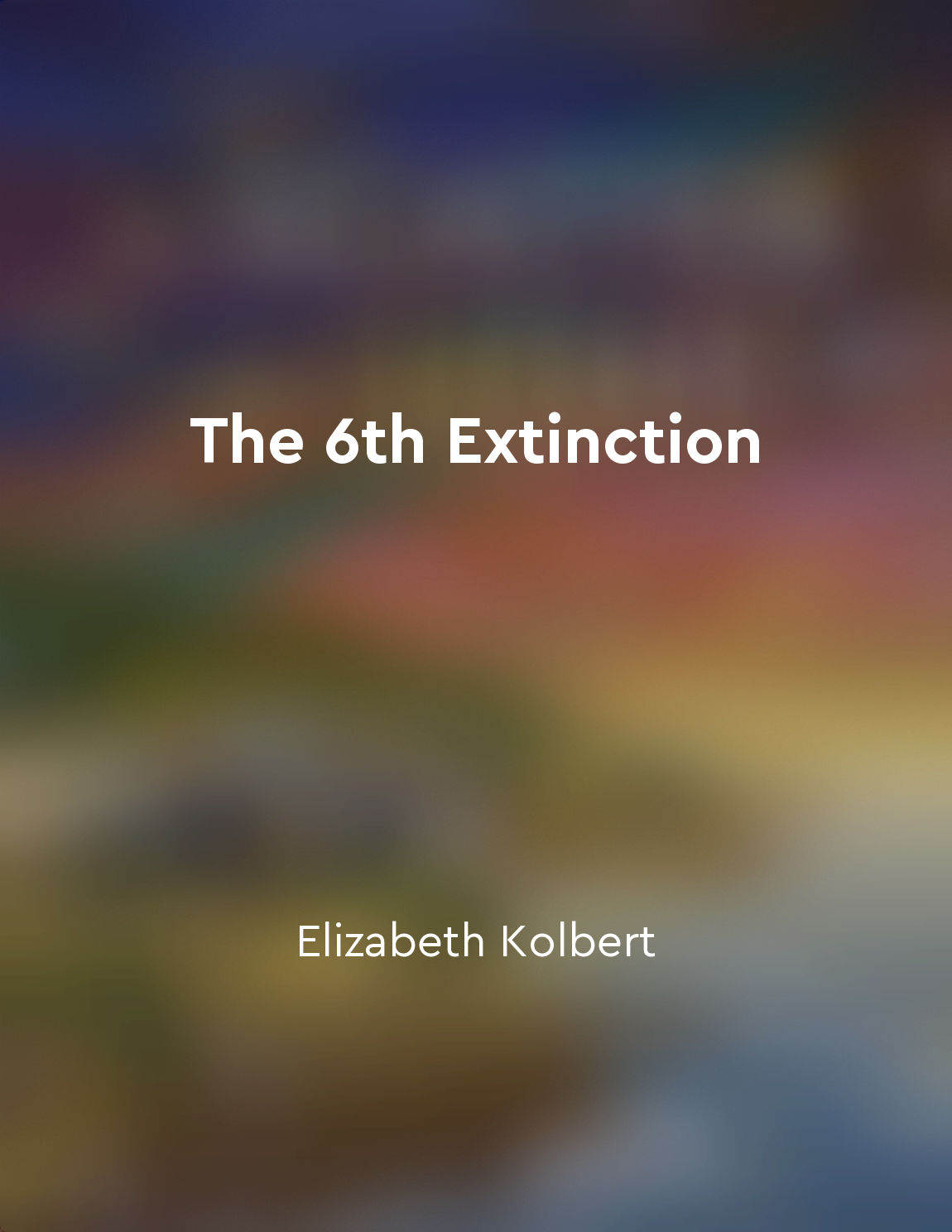Biodiversity is crucial for maintaining ecological balance from "summary" of NCERT Solutions - Biology for Class 12th by Dr. Madhurbhashini,Sargam Hans,Shanya Hans
Biodiversity refers to the variety and variability of life forms in an ecosystem. It includes different species of plants, animals, fungi, and microorganisms, as well as the genetic diversity within each species. This diversity is crucial for maintaining ecological balance because each species plays a unique role in the ecosystem. Every organism in an ecosystem is interconnected and dependent on each other for survival. For example, plants produce oxygen through photosynthesis, which is essential for the survival of animals. In turn, animals help in pollination and seed dispersal, which is necessary for the reproduction of plants. This interdependence ensures the smooth functioning of the ecosystem. Furthermore, biodiversity helps in stabilizing the ecosystem by providing resilience against environmental changes. A diverse ecosystem is better equipped to adapt to disturbances such as climate change, natural disasters, and human activities. If one species becomes extinct, it can have a cascading effect on other species and disrupt the delicate balance of the ecosystem. Moreover, biodiversity is essential for providing various ecosystem services that are beneficial to humans. These services include clean air and water, fertile soil for agriculture, natural resources for food and medicine, and regulation of climate and diseases. Without biodiversity, these services would be compromised, leading to negative impacts on human health and well-being.- It is essential to conserve and protect biodiversity to ensure the sustainability of ecosystems and the overall health of the planet. Conservation efforts such as the establishment of protected areas, sustainable land use practices, and restoration of habitats are necessary to maintain ecological balance. By preserving biodiversity, we can secure a healthy environment for future generations and promote the well-being of all living organisms.
Similar Posts
The beauty of the natural world inspires awe
The grand show of nature charms and captivates the observer with its endless variety and beauty. The diversity of life forms, f...
Phylogenetics maps out the evolutionary relationships among organisms
Phylogenetics maps out the evolutionary relationships among organisms. It is a bit like a family tree, but with a crucial diffe...
The Earth's climate is a highly complex system that is difficult to predict with certainty, but scientific models can help us understand its underlying dynamics
The Earth's climate is a highly intricate and multifaceted system, characterized by a myriad of interconnected components and p...
Survival of the fittest applies to genes, not individuals
The idea that survival of the fittest applies to genes, not individuals, is a fundamental concept in understanding the process ...
Sustainability is essential for the health of Earth
The health of Earth is of paramount importance, and sustainability plays a crucial role in maintaining it. Sustainability is no...
Planetary science offers insights into Earth's future
The study of planetary science involves investigating the processes that shape the planets, moons, and other celestial bodies i...
The extinction rate is currently 1,000 times higher than normal
In the history of life on Earth, there have been five mass extinctions, each caused by a catastrophic event that led to a signi...
Hormones regulate bodily functions
Hormones are powerful chemical messengers that play a crucial role in regulating various bodily functions. These chemical subst...

The extinction crisis requires urgent action from policymakers and individuals
The current situation we find ourselves in, as detailed in 'The 6th Extinction', is dire and urgent. The extinction crisis is n...

Choose a sustainable future together
The idea of choosing a sustainable future together is not just a suggestion, but a necessity. It is a call to action that requi...

